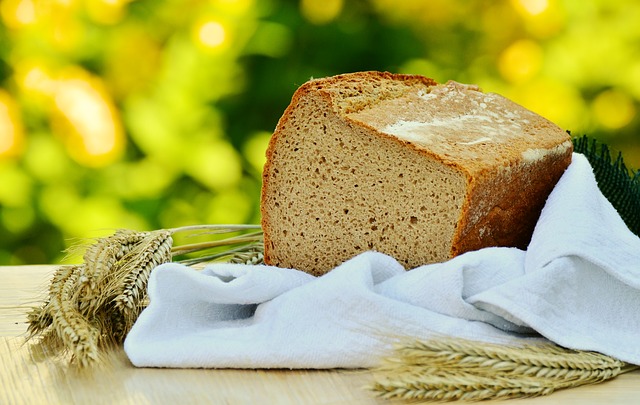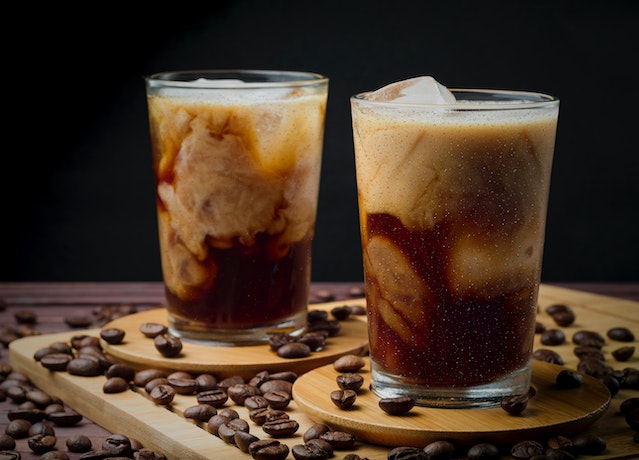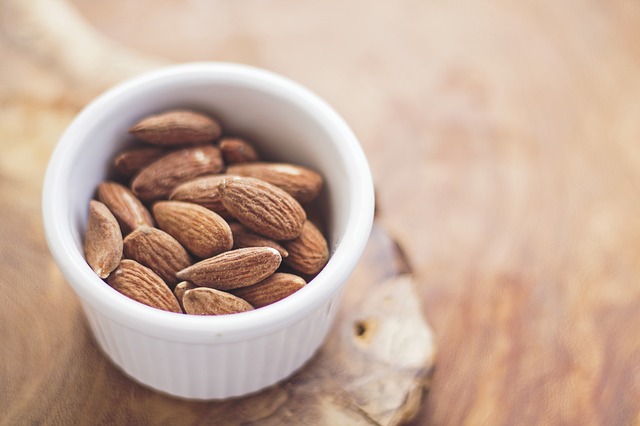History of Barley
Barley is a member of the grass family and is an ancient grain. The first record of its growth is from the Fertile Crescent and it appeared at the same time as emmer and einkorn (the ancient wheat grains).
It was traditionally a food of the poor because it is lower in gluten than wheat and so does not produce such light and fluffy loaves of bread. It is not allowed on a gluten-free diet but for those who do not have to avoid gluten, it is a good choice.
Barley Nutrition
Barley contains 8 amino acids, so it does have protein but is not a complete protein. It is a helpful grain when concerned about diabetes, especially type 2 diabetes.
It is an excellent source of dietary fiber, particularly beta-glucan soluble fiber. Research shows that barley beta-glucan soluble fiber promotes healthy blood sugar by slowing glucose absorption.
Barley contains several vitamins and minerals including:
- Niacin (Vitamin B3)
- Thiamine ( Vitamin B1)
- Selenium
- Iron
- Magnesium
- Zinc
- Phosphorus
- Copper
Barley also is a good source of antioxidants.
Forms of Barley
Barley is a whole grain. It is found as hulled barley (in which the kernels are minimally processed to remove only the tough inedible outer hull) and hulless barley (a type of barley in which the tough inedible hull is loosely adhered to the kernel and requires minimal to no processing).
Hulled barley may be purchased in several forms including kernels (berries), cut (grits) and ground (meal and flour).
Pearl barley refers to covered barley that has been processed to a greater degree than hulled barley and because it is more processed it does not have as many vitamins and minerals. But pearl barley still has much fiber and so still retains many of the benefits of barley as mentioned above.
95% of the barley grown in the US does not get sold as a grain but instead is used in animal feed and sold also as barley malt, a key ingredient in beer and whiskey.
Cooking with Barley
The most popular way to use barley is in soups and stews. It cooks up nicely as a filler in the dish and gives flavor and texture and vitamins.
It can also be ground into flour and used in loaves of bread and other baked goods. It can be used in place of rice in things like pilaf or just as a side dish as well. Barley in this way is cooked like rice in a 2:1 ratio of water to the grain.
- Are Pasteurized Almonds Good or Bad? - January 31, 2022
- Nutrition of Peanuts - November 20, 2013
- Happy With Hickory Nuts - November 13, 2013


